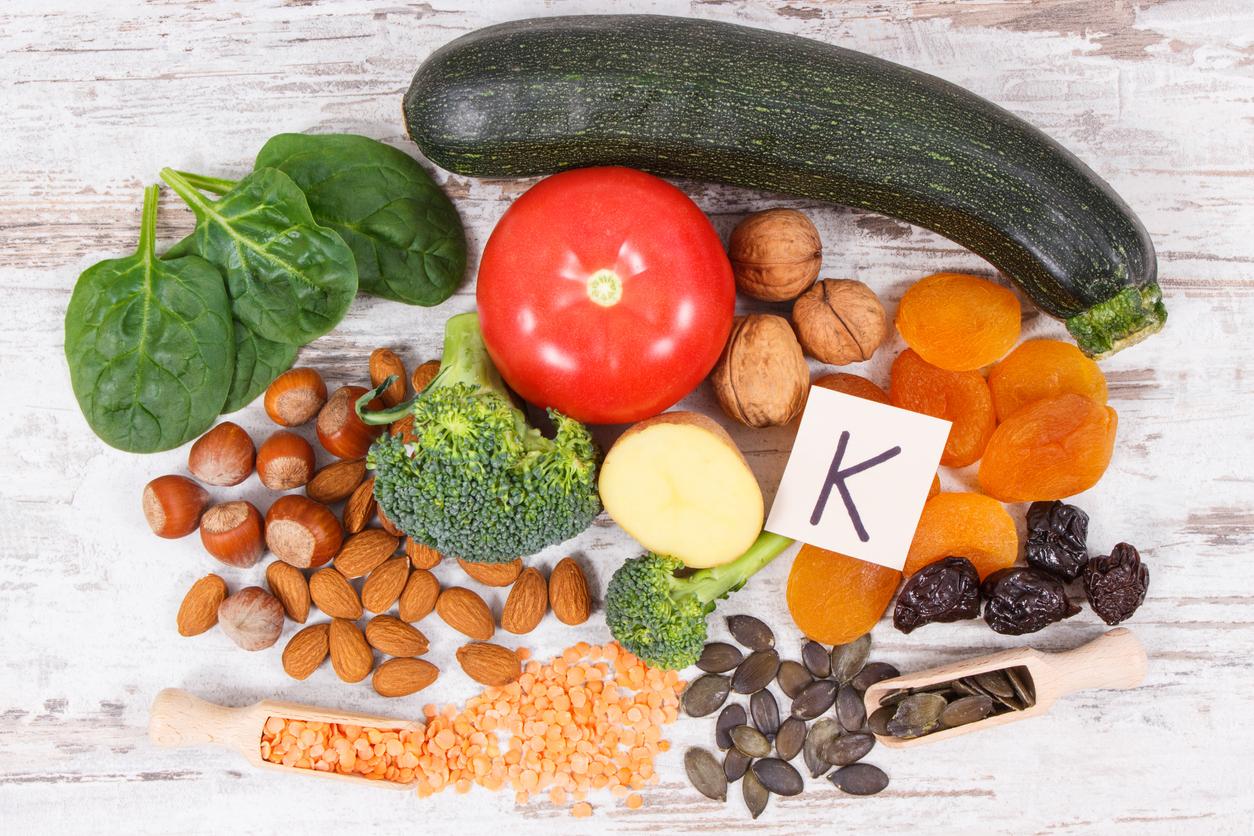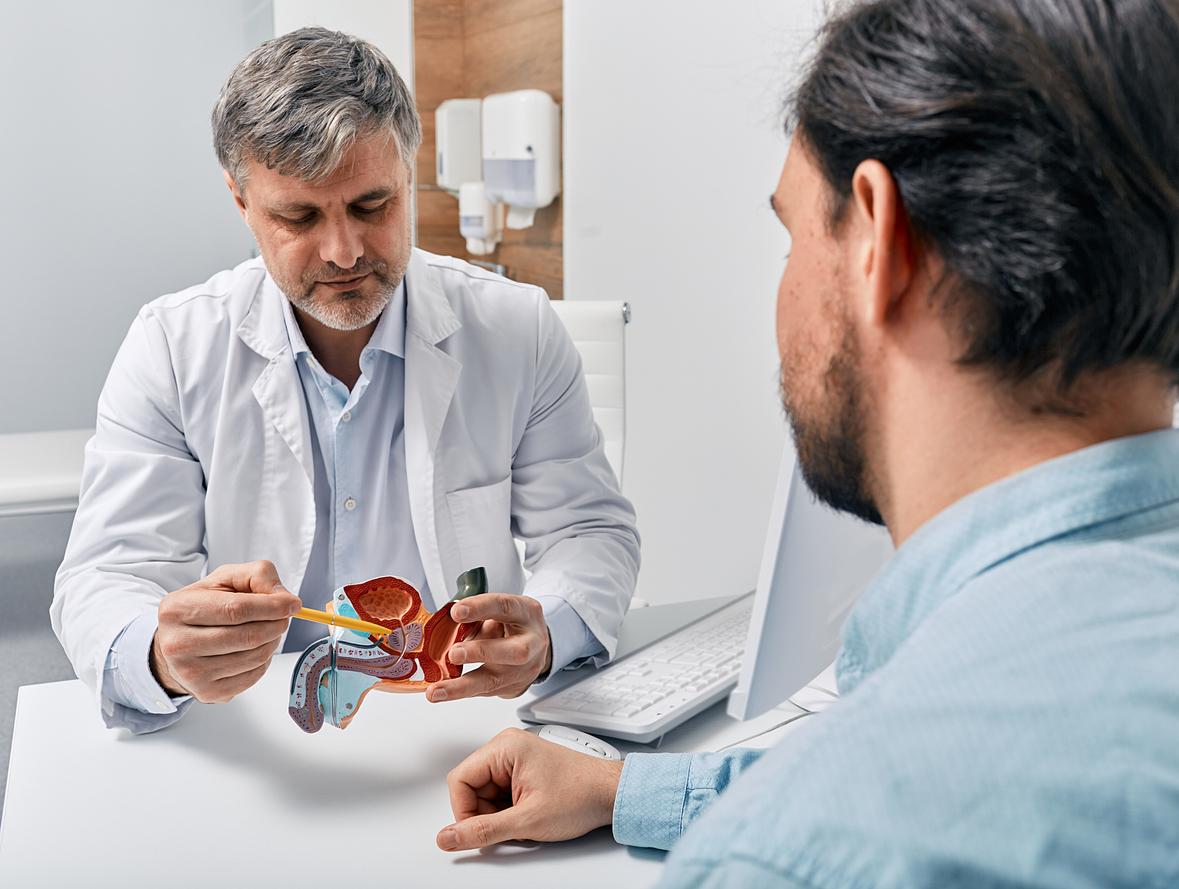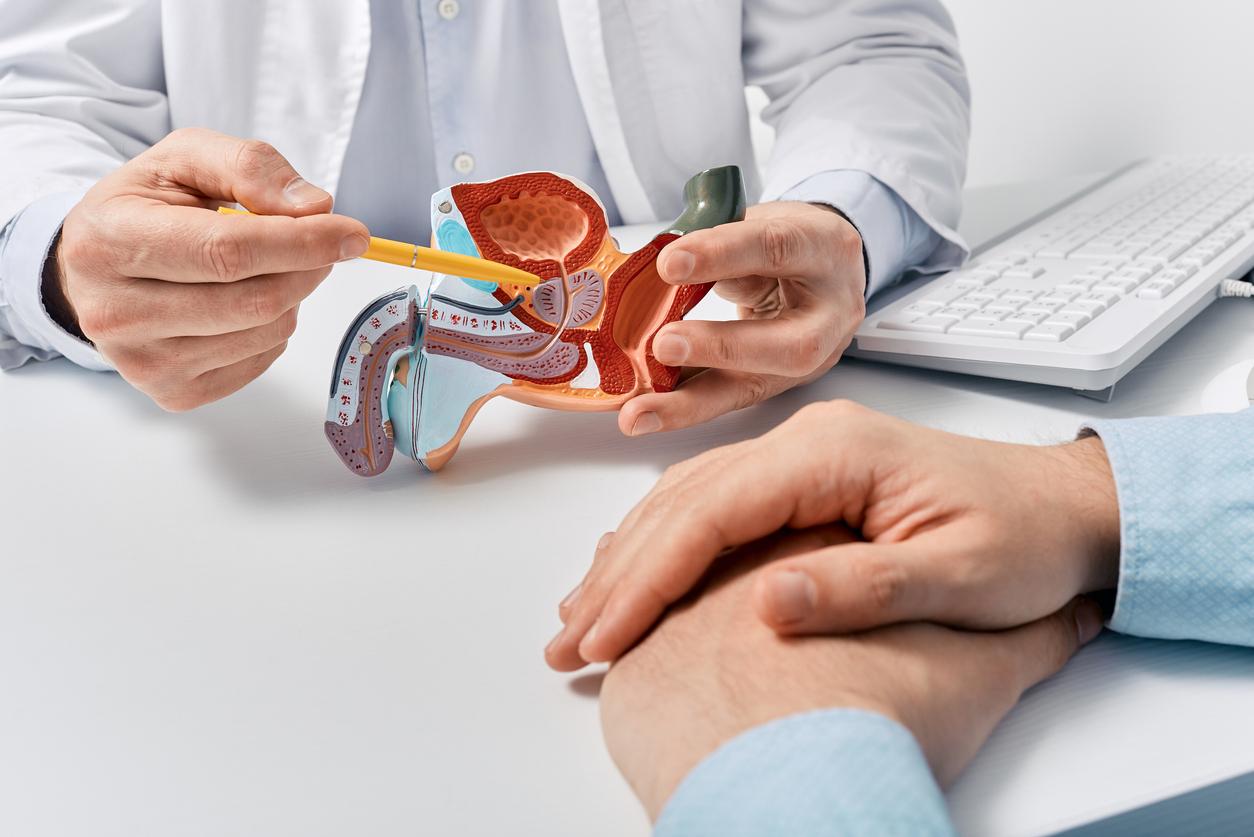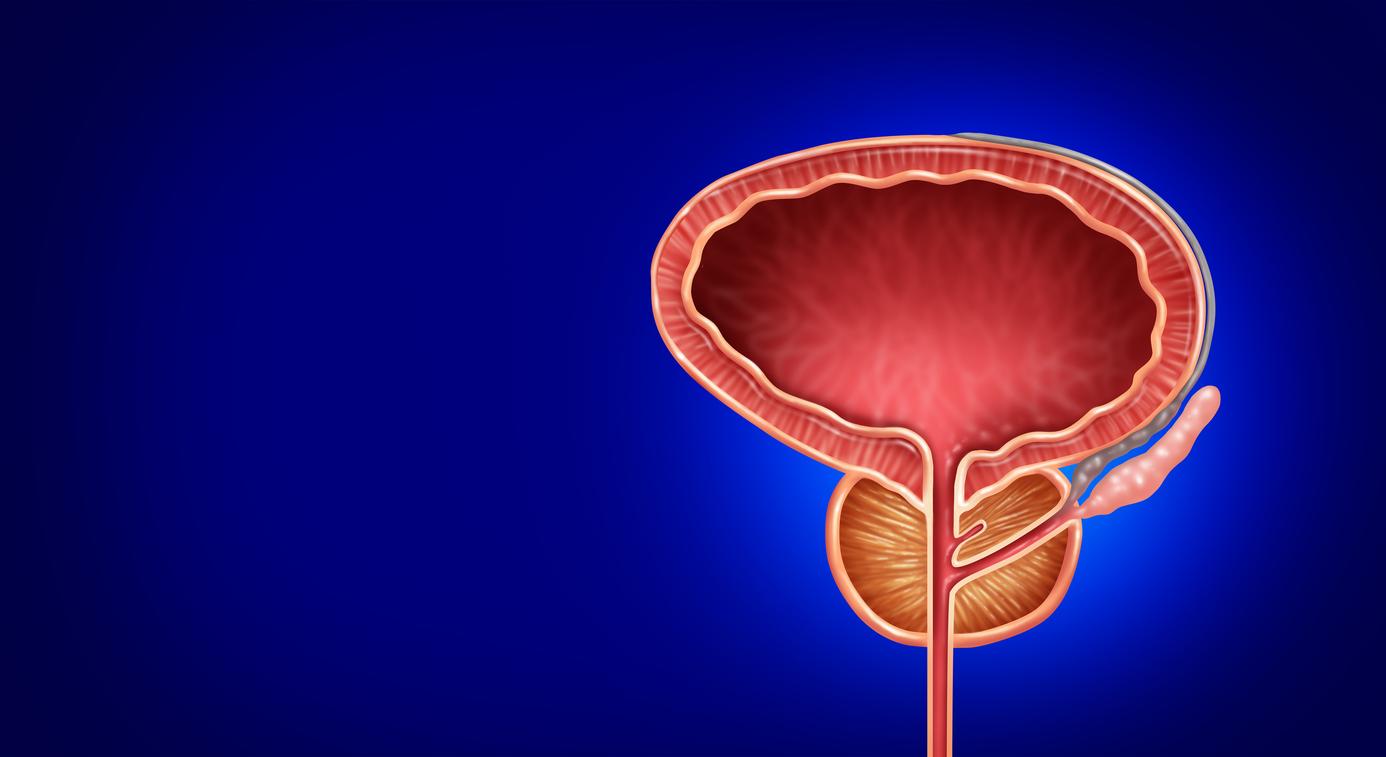Spanish researchers have observed a link between nitrates, contaminants found in drinking water, and the risk of prostate cancer.

- Established risk factors for prostate cancer are family history as well as occupational exposure to pesticides used in agriculture.
- Nitrates are among the most common contaminants in drinking water.
- Significant exposure to nitrates in tap or bottled water could increase the risk of prostate cancer.
Prostate cancer is a slowly growing tumor that usually does not cause symptoms. Family history as well as occupational exposure to pesticides used in agriculture are considered risk factors for prostate cancer.
An association between nitrates and prostate cancer
According to a recent study conducted by the Barcelona Institute for Global Health (Spain), the ingestion of nitrate during adult life through the consumption of tap water and bottled water could be a factor risk of prostate cancer. The results of this work have been published in the journal Environmental Health Perspectives.
During the research, scientists tried to determine if there was a link between the ingestion of nitrates and trihalomethanes (THMs), and the risk of developing prostate cancer. These two elements are among the most common contaminants in drinking water.
For the purposes of the study, the researchers examined 697 cases of prostate cancer, including 97 aggressive tumors, in Spanish hospitals between 2008 and 2013, as well as a control group consisting of 927 men aged 38 to 85. in whom no cancer had been diagnosed at the time of the study.
The average exposure to nitrates and trihalomethanes of each patient since the age of 18 was evaluated based on where he lived and what kind of water he drank (tap water, bottled water, well water) and how much water he drank throughout his life.
A high intake of nitrates exposes to a 1.6 higher risk of developing prostate cancer
For the estimates, the scientists also used available databases from drinking water checks carried out by municipalities or concession companies, analyzes of bottled water of the most common brands and measurements carried out in different Spanish localities fed by groundwater.
The results revealed that a high nitrate intake is associated with a higher risk of prostate cancer. Participants with a high intake of waterborne nitrates (more than 14 mg per day on average over their lifetime) were 1.6 times more likely to develop low- or moderate-grade prostate cancer compared to volunteers with lower nitrate intake. “The risks associated with the ingestion of waterborne nitrates have already been observed in people who consume water whose nitrate content is below the maximum level authorized by European directives, i.e. 50 mg of nitrates per liter of water. ‘water”, said Carolina Donat-Vargas, lead author of the study and researcher at the Barcelona Institute for Global Health. However, the ingestion of trihalomethanes has not been associated with the risk of prostate cancer.


















